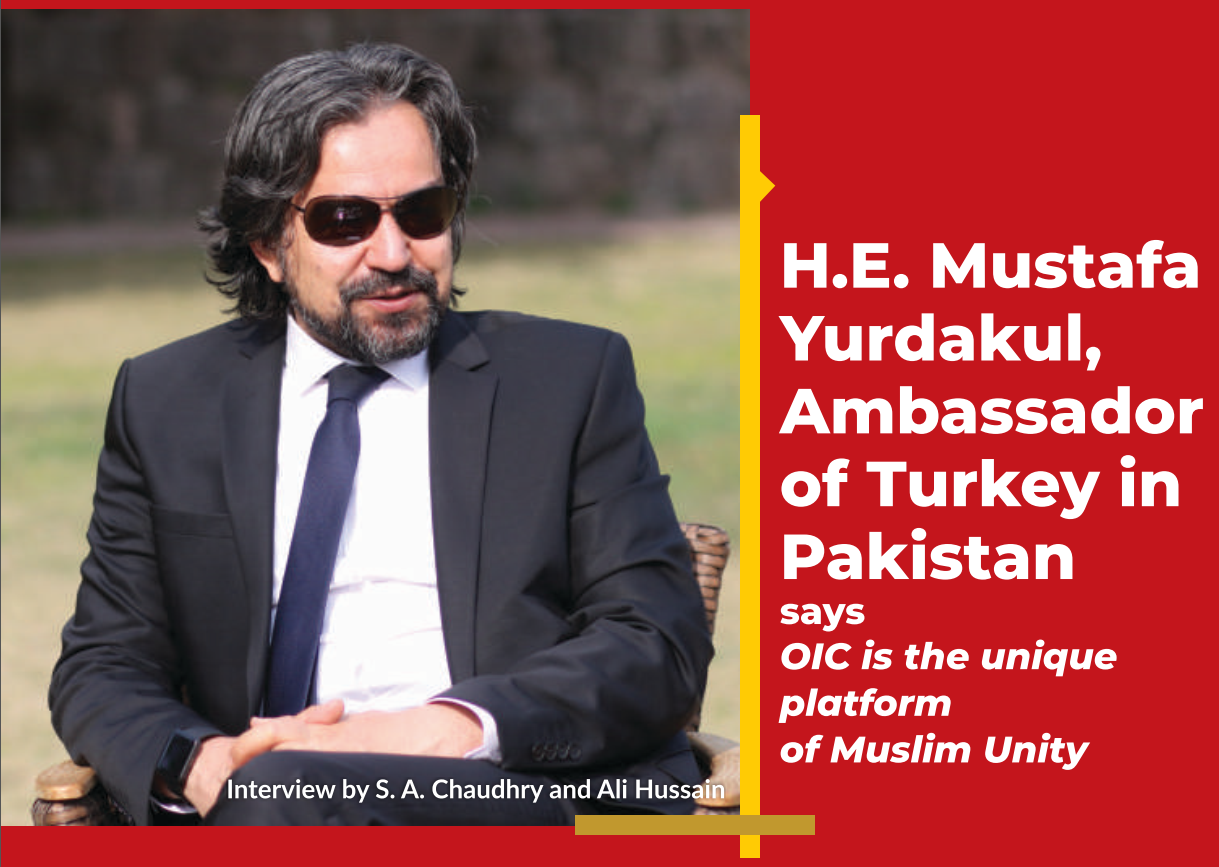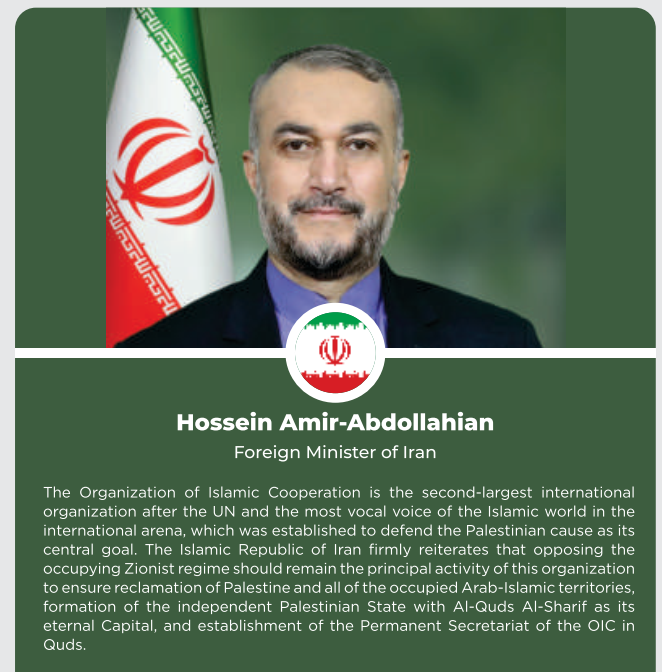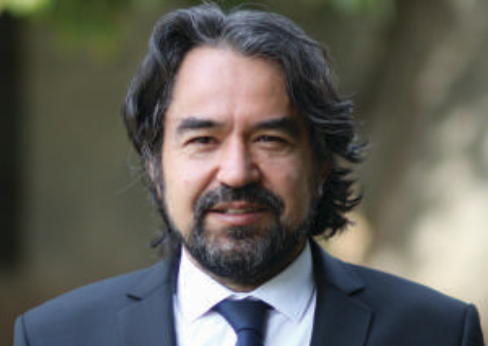
Interview by S. A. Chaudhry and Ali Hussain
The Economic Affairs: The OIC is the largest intergovernmental organization after the UN. Since its establishment in 1969, the OIC has played an important role to advocate Islamic causes around the world. How do you assess this historic role of the Organization?
H.E. Mustafa Yurdakul, Turkish Ambassador:
The OIC was established in the aftermath of the arson of the Al-Aqsa Mosque, which is the third holy shrine of Muslims located in Al-Quds. Liberation of Palestine and Al-Quds has been the main cause of the organization.
However, OIC’s reason for being is not limited to this cause. Strengthening the bond of unity and solidarity among member states, uplifting Islamic values, protecting the Islamic sites, and assisting Muslim communities across the world are among other undertakings of the OIC Charter.
Even though born at a juncture of history when Muslim majority states were ideologically divided, the OIC could have provided a unique platform for Muslim World to demonstrate unity and solidarity. It is and should be the voice of more than 1.6 billion people from 57 countries, in four continents.
Thanks to this representative nature, OIC has a huge potential and a genuine comparative advantage in the global search for peace and stability. The common objective is to make the OIC the source of initiatives of solutions towards ending conflicts, humanitarian crises and terrorism both within Islamic countries and across the world.
Turkey, as one of the founders and an active member of the Organization, with a view to contributing to international peace, stability, security and prosperity at regional and global level, has committed to advance its proactive and positive role.
The Economic Affairs: The OIC has a long-standing and principled position on the Jammu & Kashmir and Palestine disputes. How can OIC play a stronger role in the resolution of these disputes?
H.E. Mustafa Yurdakul, Turkish Ambassador:
The Kashmir issue continues to be a major issue impeding good-neighborly and cooperative relations between Pakistan and India. Moreover, from a humanitarian perspective, the challenges faced by the people of Jammu and Kashmir require sympathy and close interest.
Thus, the resolution of the Kashmir issue concerns not only the OIC countries, but also the international community as a whole.
We should continue to act in solidarity to promote a lasting settlement, which would be acceptable to both side, above all to the Kashmiri people.
Therefore, we welcome the understanding reached between India and Pakistan as of 25 February 2021, on the observance of cease-fire and relevant agreements, along the Line of Control, in the border area between the two countries.
We wish that this understanding, which is an important step toward establishing stability and security in the region, would contribute to constituting mutual trust and a constructive atmosphere for dialogue.
We are also very pleased to observe the OIC’s determined efforts for promoting a just and peaceful solution to the Kashmir issue. As a member of the OIC Contact Group Türkiye will continue to support all efforts directed at reaching a settlement through dialogue that aims the well-being, prosperity and the progress of the Kashmiri people.
Support to the Palestinian cause has been the founding stone and a top priority for the OIC. The specific status of Al Quds Al Sharif is central to the OIC, to the Muslim Ummah and to other religions, which therefore, requires the protection and preservation of its unique spiritual, religious and cultural dimensions, as foreseen in relevant UN resolutions.
We must keep the problems of our Palestinian brothers and sisters living in the occupied territories on the world’s agenda. As Türkiye, during our OIC Summit Term Presidency, we pioneered efforts to protect the status of Jerusalem and Palestinian civilians. There is a lot to do together for us for the protection of the rights of the Muslims in the world.
All Muslim countries have a responsibility to support our brothers and sisters. The Islamic
World should stand up in defending the fundamental rights and freedoms of the Palestinian people. The OIC has to adopt a more proactive approach, to secure a sustainable solution, with the Members in a unified and solid stance.
The Economic Affairs: How would you comment on preparations by Pakistan for the 48th OIC-CFM?
H.E. Mustafa Yurdakul, Turkish Ambassador: Pakistan has assumed the Chairmanship of OIC CFM at a delicate period in terms of global and regional challenges. Given the impacts of pandemic, any kind of convening a large group of representatives requires utmost attention and well-organized hospitality by the host country. Pakistan well deserved the credit for the successful conclusion of the Extraordinary Session of OIC CFM regarding Afghanistan in December 2021 in this regard.
CFM, which is the second decision making organ following the Summit, makes decisions on issues about fulfilling purposes and implementing general policies of the OIC and also tracks the progress in implementing the resolutions adopted at previous Summits and CFM Meetings.
This comprehensive and critical mission of CFM requires the Chair engage with Secretariat, member states, observers, international organizations and even non-member states during the preparations to reach a substantive and applicable outcomes.
Pakistani authorities, particularly His Excellency Foreign Minister and his team, have obviously gear up for the CFM through the numerous bilateral contacts for the last few months.
We appreciate these efforts, and seizing the opportunity I would like to reiterate our support to brotherly Pakistan for the successful organization of the CFM.
The Economic Affairs: This year Pakistan is also celebrating 75 years of Independence. What is your message to the people of Pakistan?
H.E. Mustafa Yurdakul, Turkish Ambassador:
As a brotherly nation, we are proud of the achievements of Pakistan during its first 75 years despite the challenges of creating a new state.
I wholeheartedly congratulate the brotherly people of Pakistan on the National Day and extend my best wishes for the peace and prosperity of our brothers and sisters.
This year also marks the 75th anniversary of the establishment of diplomatic relations between Türkiye and Pakistan. Türkiye was among the first countries that recognized Pakistan as an independent state. As our brotherly relations have deep historical roots, we are very hopeful of furthering our relations on an unprecedented scale in the future.
I also would like to extend our gratitude to Pakistan for its active presence and contributions within the OIC since the very beginning.
The Economic Affairs: The theme of 48th OIC CFM is “Partnering for Unity, Justice and Development”. What can the OIC Member States do to promote these objectives?
H.E. Mustafa Yurdakul, Turkish Ambassador:
One of the ultimate aims of the OIC is making Muslim countries to have more say in global matters. To this end, we need to bring the common values uniting us to the forefront. What we need is not divisions, but further unity and solidarity. We need to eliminate the seditions that separate us from each other and divide our Ummah.
All across the world, there is a severe surge in prejudice towards Islam and the Muslims. Islamophobia, racism and xenophobia gain strength. Consequently, our Muslims are being alienated; and subjected to injustice. We should seek justice against this picture in unity within OIC by raising our voice together.
In addition to the efforts towards the OIC’s main cause and human rights, combatting Islamophobia and religious intolerance, empowering rights of women and children in Islamic World, protecting the rights of Muslim minorities, the member states should also focus on economy, commerce, technology, culture, education and supporting development programs in other member countries.
Active participation of members to the OIC’s programs and activities and their support to the institutional capacity of the Organization and the other member states is also essential to further close to the development goals.
The Economic Affairs: The Covid-19 pandemic has posed an unprecedented challenge to lives and livelihood across the world. In your view, what role could the Islamic countries play to contain negative impact of the pandemic?
H.E. Mustafa Yurdakul, Turkish Ambassador:
The world has still been suffering from the Covid-19 pandemic. Addressing the impacts of this challenge on vulnerable countries and communities within Islamic World should remain on the agenda of the OIC.
Last two years have showed us that institutional preparedness to take initiative and mobilize all means whenever needed in case of such unprecedented challenges is of vital importance. Member states shall contribute to the efforts of each other on capacity building for basic services such as health by exchanging knowledge, experience and technology.
The Economic Affairs: How can OIC play a stronger role in enabling member states to attain SDGs?
H.E. Mustafa Yurdakul, Turkish Ambassador:
The achievement of the Sustainable Development Goals (SDGs) requires a collective engagement of all stakeholders including governments, the scientific and academic community, the civil society, private sector and international community. The OIC has the capacity to facilitate these engagements through its institutional organs.
The Standing Committee for Economic and Commercial Cooperation of the OIC (COMCEC) serves as a central Forum to address the common development problems of the Islamic Ummah and provide solutions to them, under the Chairmanship of President of the Republic of Türkiye.
The support of the relevant OIC institutions and the member states is crucial for realizing a collective approach. For instance, COMCEC organizes special events on the sidelines of the COMCEC Ministerial Sessions, which provide opportunities to exchange views by NGOs, private sector, public sector and international organizations and to receive non-governmental perspective. The programs and activities of these organs towards the achievement of SDGs should be encouraged by the active engagement of Member States.



